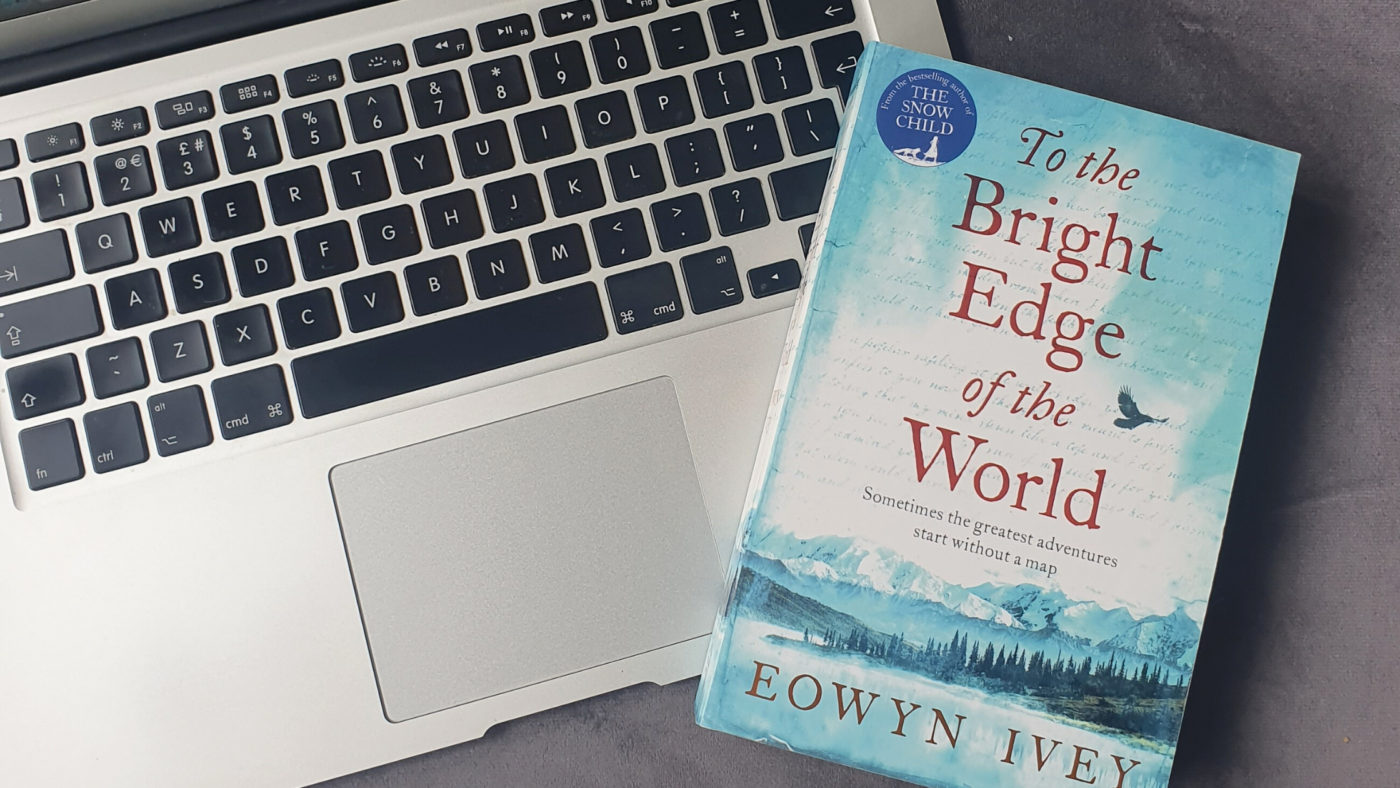How do I keep track of agent submissions?
I created a spreadsheet (yes, it was every bit as exciting as that sounds) with the following columns:
- Agent and contact details
- Agency name
- Key details about them (including whether they covered different rights, how many agents they had etc.)
- Who they represented, genres covered, anything else I could include in the letter that I’d learnt from my research such as event appearances or online interviews
- Date letter was sent
- How long to wait before following up (usually on their website)
- Date of rejection (there were a few of these…)
- Date of any full manuscript requests
- Date of follow up chases/responses
How many agents should I submit to?
It’s best not to send your submission to every agent on your list at once. The number of agents you write to in your first round will depend on how much feedback you’ve had previously. I submitted to 10 agents initially (and a whole lot more after the rejections started coming in…) because I’d already had some early feedback on my submissions through festival one-to-ones. If you’ve not had any kind of feedback from those in the industry before submitting (such as agents, publishers, editors or competition judges), then it may be worth starting with 5-8 max and testing the water.
What do I include in an agent submission?
Most of the time, your agent submission will consist of three things:
- Cover letter
- First chapters/extract from your novel
- Synopsis
The agent’s website will usually tell you how to format and what to send for the chapters and synopsis. I’m going to focus on the cover letter in this post but you can also find info on formatting online, such as Jericho Writers.
Your letter should be formally written (so no ‘Yo, Agent X, how are you?’, sorry) but also give a hint of what you’re like as a person and a writer. That means, write in a way that feels comfortable for you and that best showcases your work. This is the structure I used for my letters:
Salutation (para 1): ‘Dear First Name’ (not Dear Agent, personalise wherever possible)
Brief intro (para 2): ‘I’m sending you the first three chapters/10,000 words and synopsis of my novel Kololo Hill’, followed by a one line elevator pitch.
Some people don’t think that the first line is necessary, but I think it helps to show that you’ve done your homework about exactly what they want. The elevator pitch is the short 1 line pitch of your novel, including key character, situation/setting and conflict/hook. You can see mine on my novel page and I’ll try and write more about these in future too.
Longer description (para 3): This is where you can go into a bit more detail about the novel, similar to the blurb you see on the back of novels. To give the agent a quick understanding of your novel, you could also add a line or two including the following:
- Word count (rounded up to the nearest ‘000)
- Genre (this one can be tricky to define, but most agents like to get a feel for how you think the book would be marketed)
- Key themes (this isn’t essential)
- Why I wrote the novel – where I included details about my East –African Asian background, because they were relevant to the novel. You don’t have to include this section, and in fact, many agents won’t be interested unless it’s clearly an angle that could be used in pitching to publishers and marketing later down the line, so only include it where it’s useful.
Why I’m writing to the agent (para 4): Make the agent feel special and make yourself stand out. Why this agent? Is it because they’ve recently sold books that are similar to yours? Perhaps you read an interview or heard them speak at an event. Include a line or two about this (but don’t make it sound like you’ve stalked them, I’m guessing agents don’t like that)!
Here are a few more things to consider:
Your letter should be shorter than War and Peace
3-4 paragraphs max e.g. the sort of thing you could fit on an A4 page without reducing the font size to 2!
The primary focus should be on your novel
I’m sure there will be plenty of people who would be fascinated about the time I tripped over a dog in the school playground and got concussion, but an agent isn’t one of them. Some agents like to know a little bit about you, such as where you’re from, your interests etc., but you’ll know whether this is the case from all that research you’ve done. So unless your background is linked to your novel in some way, it’s usually not necessary to include anything else.
Personalise, personalise, personalise
No, this doesn’t mean adding jpegs of glittery stars (unfortunately), but it’s worth including at least one line on why you’ve chosen this particular agent. Some agents will get thousands of submissions each month, so think about how you can help your letter stand out (for the right reasons).
I hope this is useful. There’s a lot to take into consideration and it’ll take a while to put it all together concisely but I think it all helps to get you that one bit closer to landing an agent.
I’m going to write more blog posts on finding an agent including how not to go stir crazy whilst waiting for responses and what to do if you get an offer of representation so why not subscribe to receive notifications whenever my blog is updated? In the meantime, good luck!





